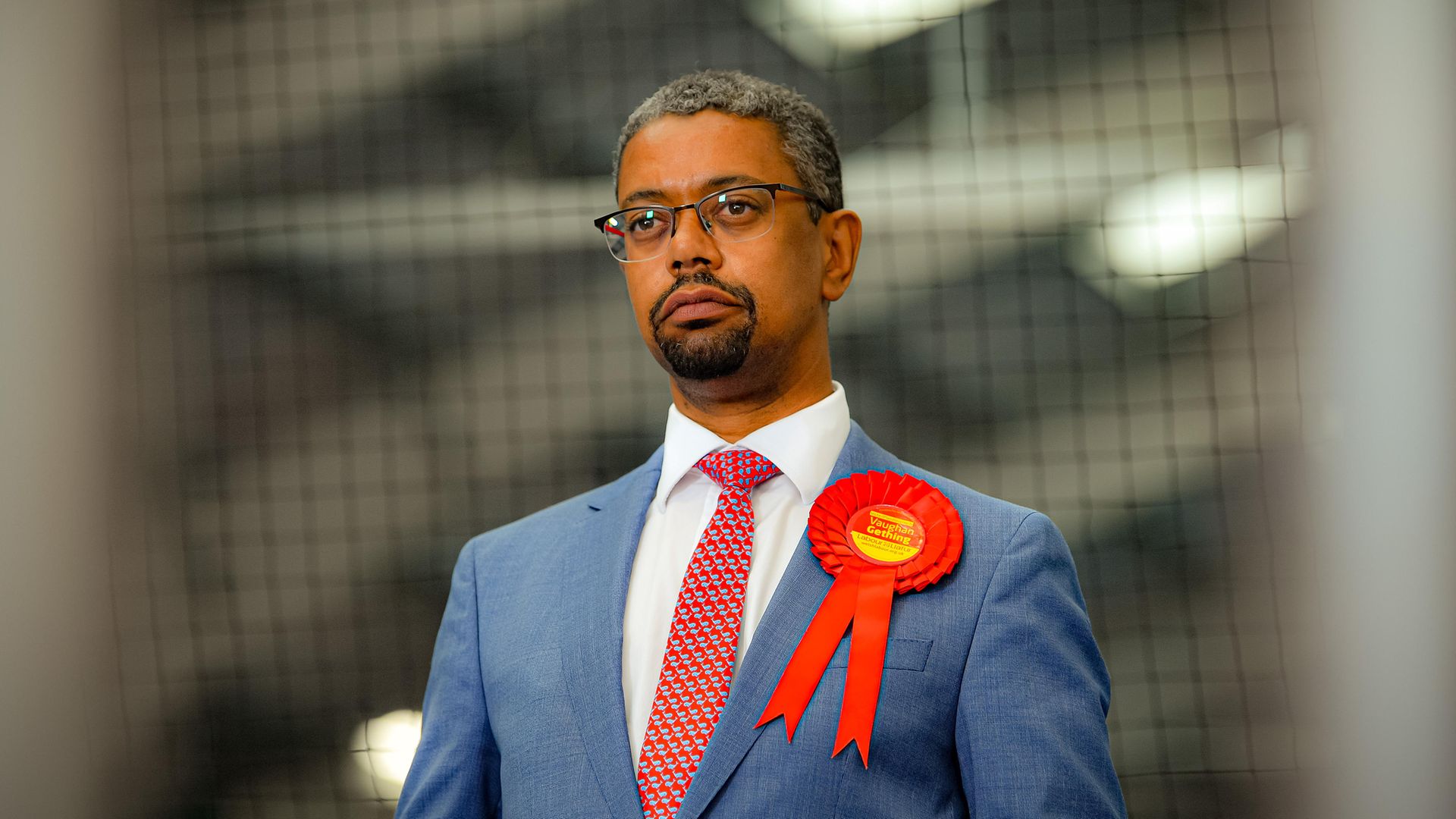
Welsh Labour appears to have exceeded expectations as counting for the Welsh Parliament election continues.
Only one of Wales’ so-called red wall seats, the Vale of Clwyd, fell to the Welsh Conservatives, while Labour sources are also confident of unseating the former Plaid Cymru leader Leanne Wood in Rhondda.
Changes to ensure social distancing at venues means counting for all constituencies may not finish on Friday, which would see the process being adjourned until Saturday morning.
Some regional counts also look set to be pushed back to Saturday.
At the start of the election campaign, polling suggested Labour was facing its worst-ever result and was at risk of winning as few as 22 of the Senedd’s 60 seats, a loss of seven from 2016.
After voting polls closed at 10pm on Thursday, party sources said retaining all of its seats in the Senedd remained “a massive challenge”.
But confirmed results, as well as indications from parties contesting seats across the country, means Mark Drakeford’s party is confident of ending up just short of an outright majority once again.
The first minister said Labour’s performance reflected the “real enthusiasm” he had encountered on doorsteps.
“I started this campaign answering questions as to why this was going to be Labour’s worst-ever result, a poll prediction of 22 seats,” he said.
“The campaign never felt like that to me. We’ve had a fantastic and energetic campaign with hundreds of people involved and real enthusiasm on the doorstep, so that never seemed to me to genuinely reflect the mood here in Wales.”
Drakeford said it was “too early to say” whether results meant Labour could win an outright majority.
Wales’ health minister Vaughan Gething said Labour had fought hard to win back the trust of voters in North Wales.
Wrexham, Clwyd South and Delyn, were all held despite being targeted by the Tories after they flipped them from Labour in the 2019 general election.
“We’ve absolutely had to re-earn the trust of the people of Wales in every part of Wales. We’ve taken nothing for granted, we’ve absolutely not been complacent,” Gething said.
“The Tories put a lot of heavy artillery into North Wales. The prime minister visited several times, the chancellor was there, Andrew RT Davies was there on regular occasions, and they launched their manifesto in Wrexham.”
Gething said indications of a stronger Labour result than was predicted could help the UK party following its Westminster by-election defeat in Hartlepool.
Asked if he had a message for Keir Starmer about the direction of the Labour Party should go in, Gething said: “The message for all of us is keep on listening to what the public is saying.
“Don’t tell the public they’re wrong when they vote, try to understand why they’ve chosen to vote in a different way. Listen and do the right things that are consistent with our values.
“You can’t simply assume that people will continue to vote for you as a result of old tribal loyalty.”
Welsh Tory leader in the Senedd Andrew RT Davies said his party’s taking of Vale of Clwyd from Labour was a “brilliant result”, but suggested traditional Labour voters who voted Tory in the 2019 general election had now “come home”.
Davies told the PA news agency: “It does seem from other seats that have been declared in other parts of Wales that the Labour voters have come home to it after the, shall we say, Brexit election of 2019.
Labour may also find comfort that the Vale of Clwyd loss was only by a small margin, with Tory Gareth Davies receiving 10,792 votes (41.42%) compared to Labour Jason McLellan’s 10,426 (40.02%).
Labour sources also say they are confident of taking Rhondda from Plaid Cymru, which they lost to incumbent Leanne Wood at the 2016 election.
The final make-up of the next Senedd may not be confirmed until the weekend if results in some constituencies are close and recounts are called.
No party has ever won an outright majority in Wales, meaning the party which has won the most seats will be expected to enter into talks with other parties or independent members in order to form the next Welsh government.
Warning: Illegal string offset 'link_id' in /mnt/storage/stage/www/wp-includes/bookmark.php on line 357
Notice: Trying to get property 'link_id' of non-object in /mnt/storage/stage/www/wp-includes/bookmark.php on line 37






